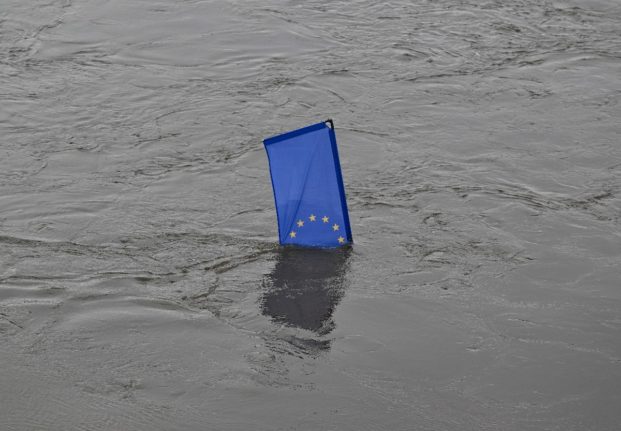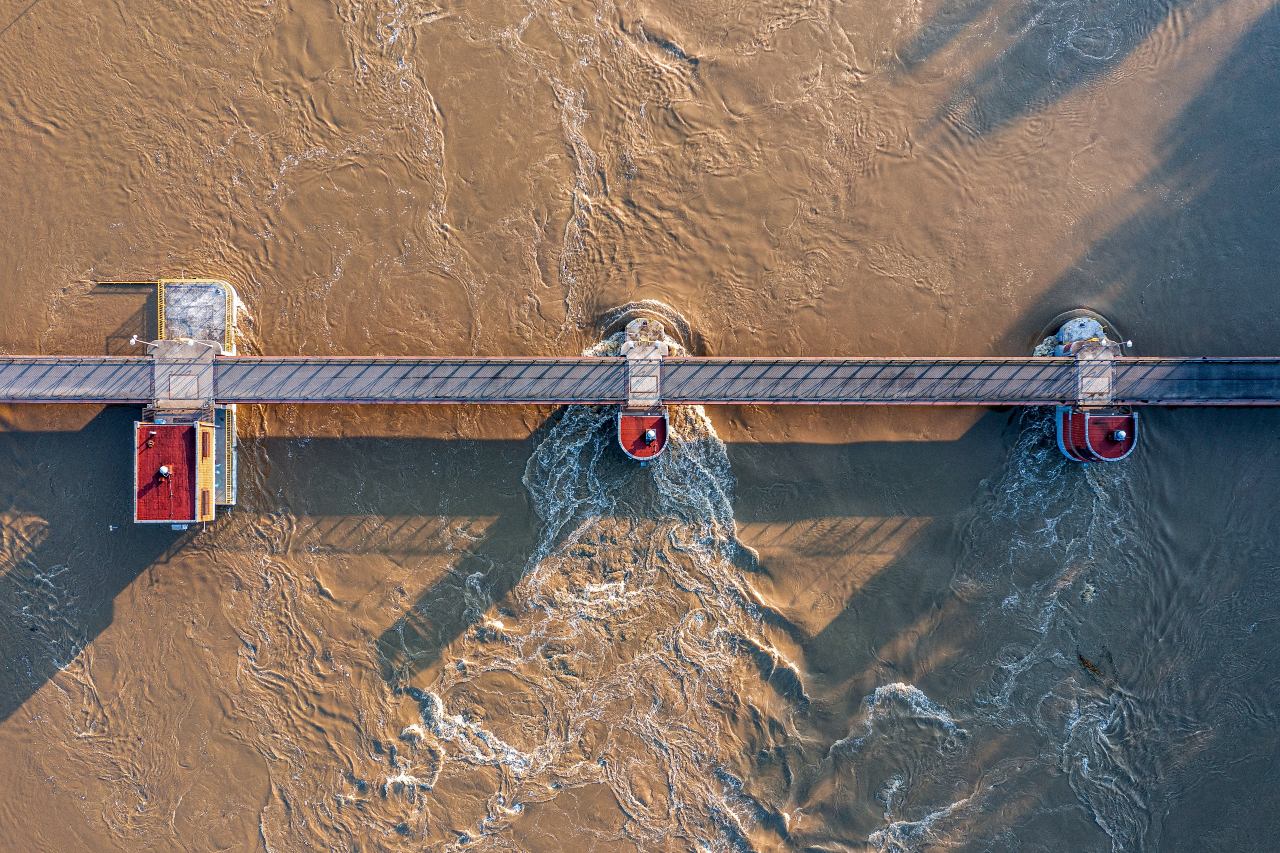Fans of late night parties and Sunday morning lie-ins will get an extra hour to catch up on sleep, since an hour will be added to the schedule at 3 am.
The schedule switch from Summer to Winter Time will see overnight trains held up at stations for an hour, and will confuse animals such as cows, who will have to adapt to a new milking schedule.
Since it will get darker an hour earlier – and colder as well – it will make life more difficult for many people in the Northern Hemisphere as they come to terms with a lot less daylight.
Daylight Saving Time 2009 kicks in on March 29 throughout Europe.




 Please whitelist us to continue reading.
Please whitelist us to continue reading.